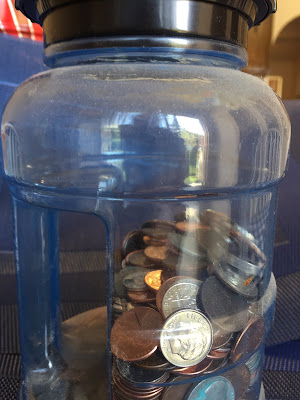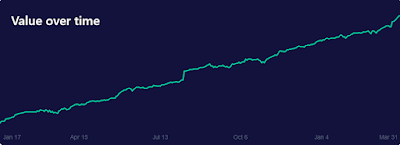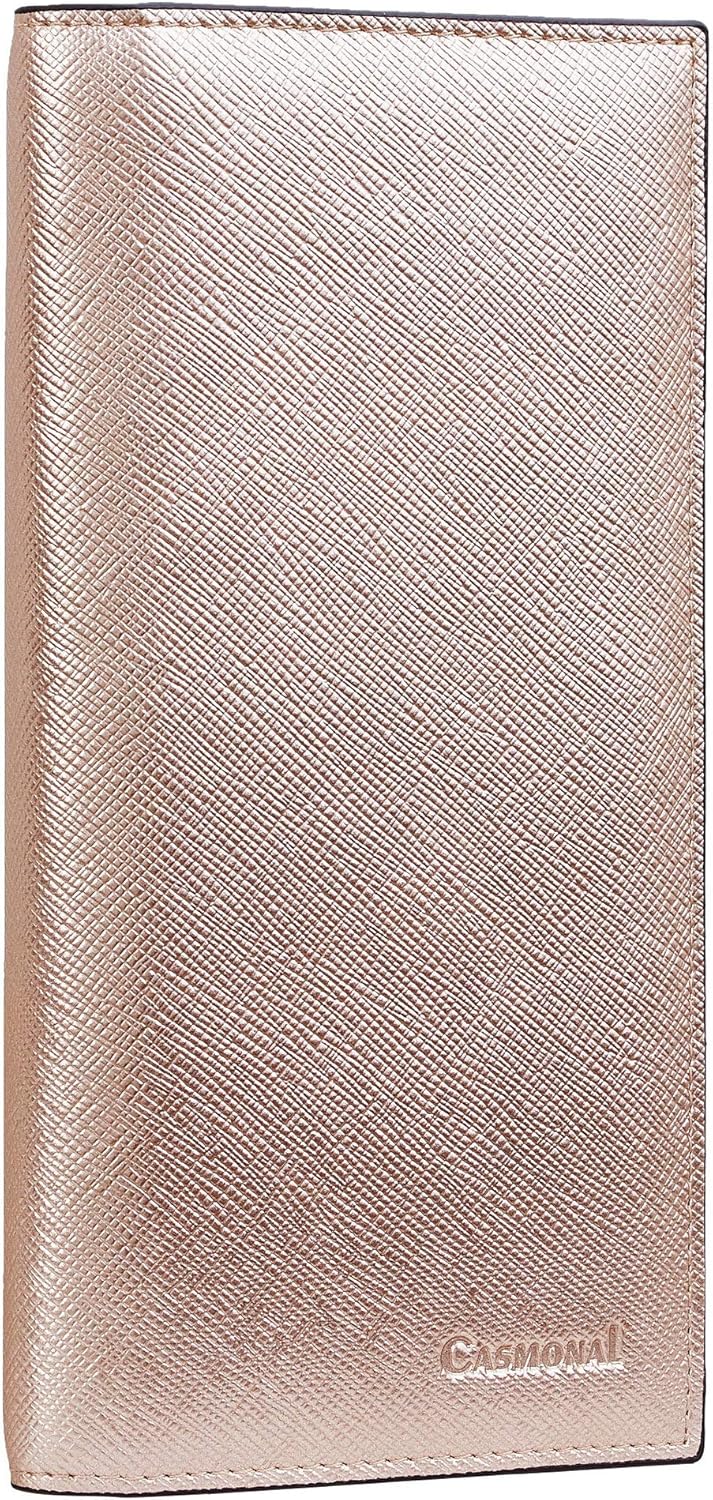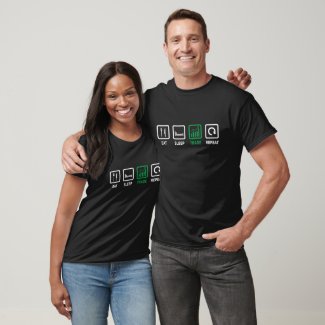Once you know that you want to save your money. Just how do you go about saving?
First you will need to know what you spend all of your money on.
Do you spend it on living expenses? Rent? Food? Transport to and from work? Credit Card payments? Student loans?
This may sound tedious and non too glamorous, it is. It is a necessary part of gaining control of your money. You need to know exactly where your money goes when you are not looking after it.
Start on your pay day. Make a note on everything that you spend money on for the whole of the next pay cycle, from payday to payday. Big or small make a note of what you spend money on and where you spend your money.
Once you begin to gather all of your data, you will start to find your patterns of spending. You do not need to cut out any spending at the gathering data stage. You just need to know your cash spending habits right now.
After the first pay cycle is done, you will have a lot of information about how you spend your money.
Look in detail at what you spend your money on. Do you even remember the purchases? It can be surprising how much money we spend without even noticing. A dollar here or dollar there, we tell ourselves that it doesn't matter, but it does it is a loss of your time and cash. You spent your time to earn those dollars, now they are gone, forever.
Look for items in your spending log that are wants and not needs. You need shelter, you need some food, so rent or mortgage are things that you have to pay for. Do you buy a sandwich at the store everyday, then this is a want, try to make several sandwiches per month at home or cut back on your food spending if you throw lots of your food out during the month. Making your food at home is generally less expensive and healthier than food bought in a store or restaurant.
When you go out, do you buy a $20 cocktail to drink? Then choose a less expensive drink. It'll probably be less loaded with gimmicks and sweet sugary syrups which may taste good but they make you crave even more sweet drinks later in the night.
As you begin to cut back on all of the wants in your life, you'll see you have money left in your bank account at the end of the month. You might be tempted to spend it on a one time splurge if you leave it in your main bank account. So, open a high interest savings account with an online bank. Transfer some of your left over cash at the end of the month to this account.
The high interest savings account will take all of the money that you have to spare and lock it away. You can only take money from these accounts six times per month, and having the money away from your main bank account will mean that you are making extra steps to access your money. As a human you will generally want to do the easiest thing, that is in this account, leave the money alone, it's hard to access.
Soon, within a month or two, you'll see the savings start to build. As you save, you'll find it gets easier and easier to save.
Saving becomes a habit.
Soon you'll begin to set goals for yourself. "I'll save X dollars by my birthday."
As your savings build, you can spend some of the money on planned purchases. But it's also fun to look at things when you have a cash balance and say, "I could buy that. If I wanted too. But I don't need to buy it today."
One of the major killers of savings is credit card debt. So pay off all of your credit cards as soon as you can. Once paid off, try to never carry a balance on your card. Pay it off as quickly as you can. Credit cards can be useful for their insurance value, when you make a purchase, if there is a problem and the seller won't help, report the seller to the credit card company. Their intervention on your behalf can move even the most reluctant seller to action. Other than that settle your bill in full every month if you can. Never make just minimum payments unless you are working on paying off several credit cards using the debt snowball method. i.e. paying a lot off one bill while making minimum payments on the other cards, as you pay off one card, move the high payment over until that card is paid off, until all cards are paid in full.
Once you have paid all credit card debt, and built some savings. You can think about investing, to increase your assets and income.To read about creating a Dividend Savings Ladder CLICK HERE.
You may support this blog by going to our Amazon Store. Thank you.
You can also read my regular contributions at "Stream of Income." A Quora free space about increasing your wealth.







